Description
For at least a hundred years from the beginning of regular passenger services in 1830 four-wheel and six-wheel coaches were a common sight on Britain’s railways. Some of the last four-wheel coaches operated in Britain were of Great Western origin, and this package contains a representative selection of the final four-wheelers built for the GWR. They were put into service between 1891 and 1902, during William Dean’s final years as CME, and some of these coaches lasted long enough to run their last miles on the newly nationalised British Railways. The last of these were 36 coaches built in 1900 for Ruabon-Dolgelley trains in Wales and 60 coaches built in 1902 for Bristol local services. From the nineties they could be seen in three- and four-coach sets on many branches that were part of the GWR network. This package covers the Dean four-wheelers built for GWR country branches. Added to this package is one of the last six-wheel coaches built by the GWR, a third class saloon built between 1894-1898. From the 1880s bogie coaches began to replace six-wheel coaches for main-line use, and from around 1890 six-wheel coaches were built only for special-duties, such as saloons or parcels vans.
However, four-wheel coaches for branch lines and suburban services continued to be built in great numbers, and from 1891 to 1902 a total of 637 four-wheelers were added to GWR stock, covering some 419 coaches for local and branch line duties, plus 218 close-coupled coaches built between 1893 and 1898 for London suburban services.
Withdrawals started in 1924, accelerating during the thirties. Bogie coaches (both ‘cascaded’ clerestories and newly built ‘B’-sets) began to take over many branch line workings and four-wheel
coaches were increasingly restricted to the more out-of-the-way branches and workmen’s trains in South Wales. Among those more remote (or lightly used) branches still using four-wheelers in the early 1930s were: the Wrington Vale light railway, the Highworth branch, the Abingdon branch, the Malmesbury branch, the Faringdon branch, the Cleobury Mortimer & Ditton Priors Light Railway and the Tanat Valley line. The thirties saw the end of most four-wheelers as more and more new B-sets and autotrailers came into service (yet, at the end of 1936 they still numbered 335…) and not many survived beyond 1939 apart from those allocated to South Wales miner’s trains, with some being taken into departmental stock or finding use as camping coaches. However, one line on which four-wheelers lasted until the end was the Burry Port and Gwendraeth Valley Light Railway in Carmarthenshire, Wales. On the BPGV, four-wheelers were used until the withdrawal of passenger services in 1953, probably the last vehicles of this type running in regular passenger services on British Railways. Many of these four-wheelers survived a bit longer as departmental stock and a few would even be photographed in the sixties.
Not in this package (but mentioned here for completeness) are the close-coupled four-wheelers for London suburban lines, known as ‘City’ stock. These coaches were recognisable by being six inches wider and by their compartment doors with semi-circular tops, so that tunnel faces would not be fouled in the case of any doors remaining open. Beginning in 1920/21 these ‘City’ four-wheelers began to be displaced from these services by more modern bogie stock. The now surplus ‘City’ four-wheelers 2 were put to other uses, and they spent their later years on Birmingham suburban trains, country branches, or miner’s trains (and proved to be as long-living as their ‘country’ brethren…).


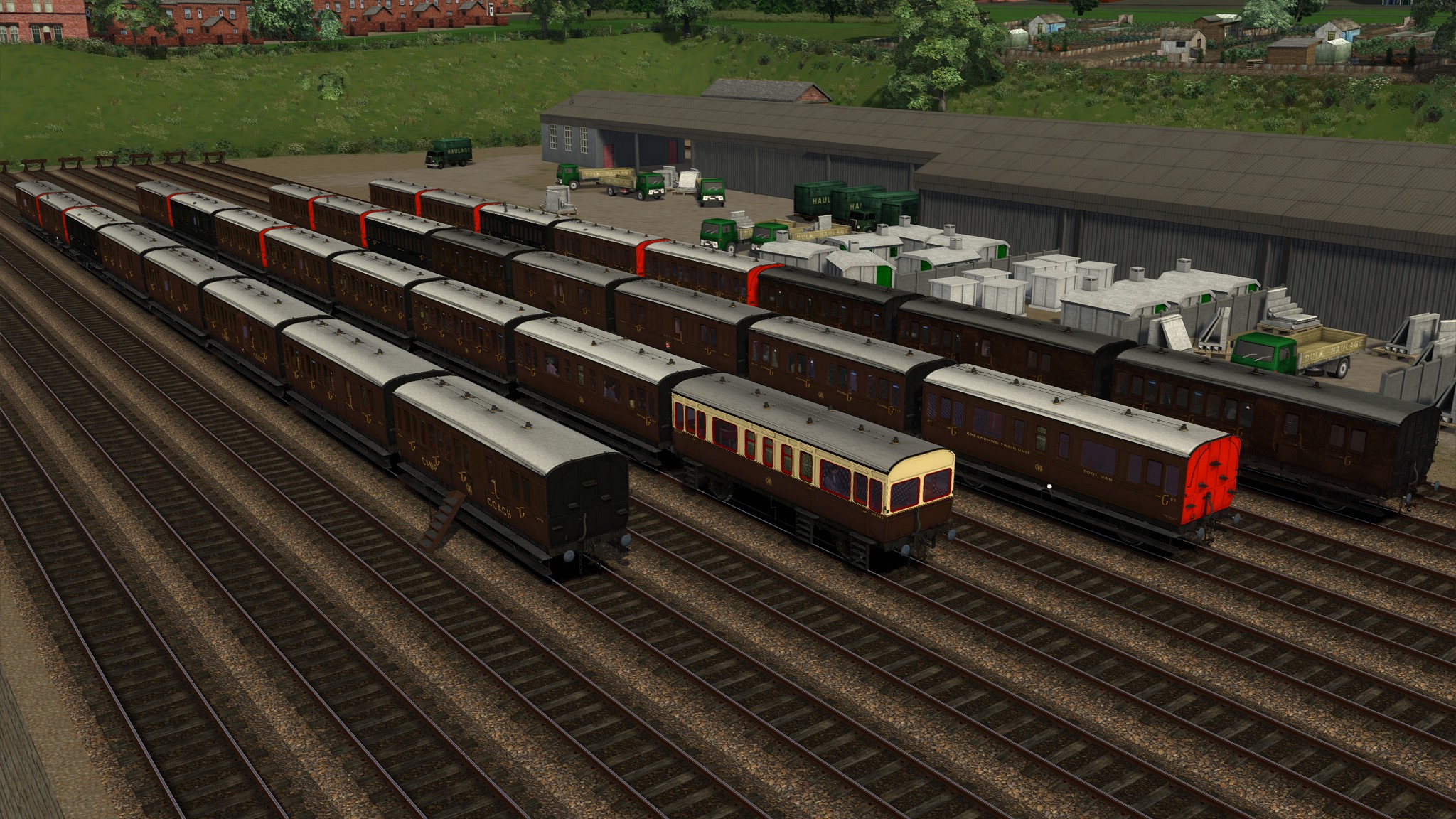
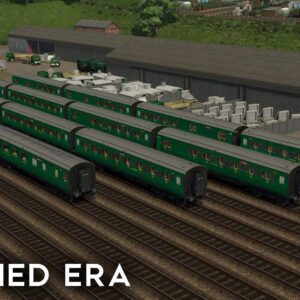
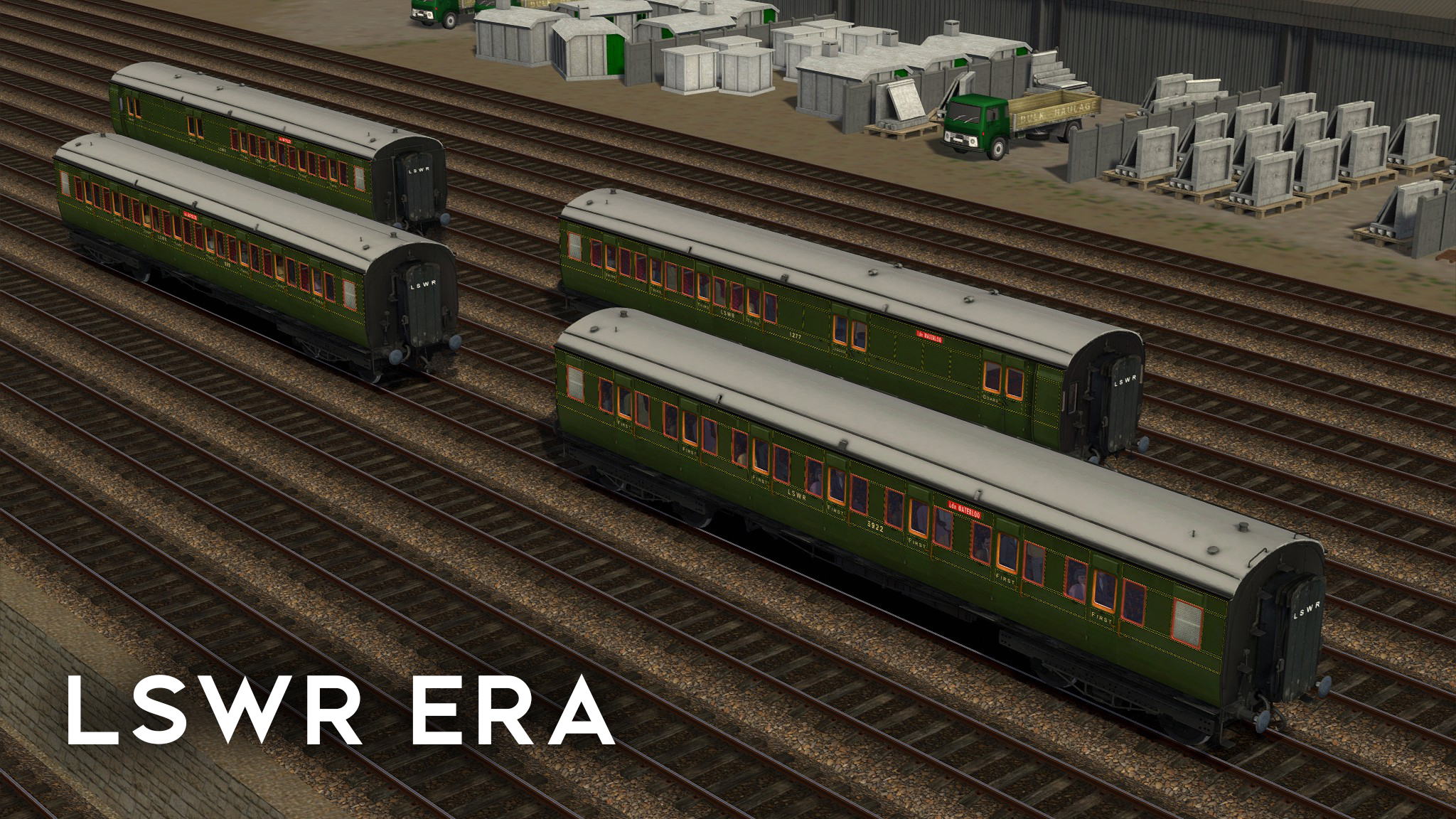
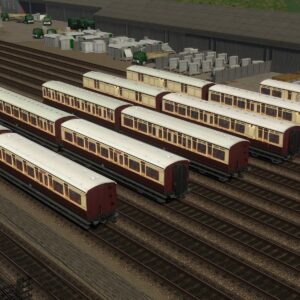

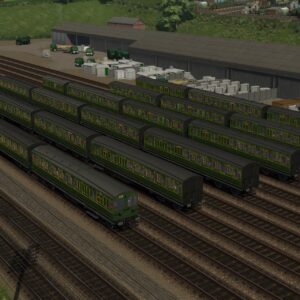
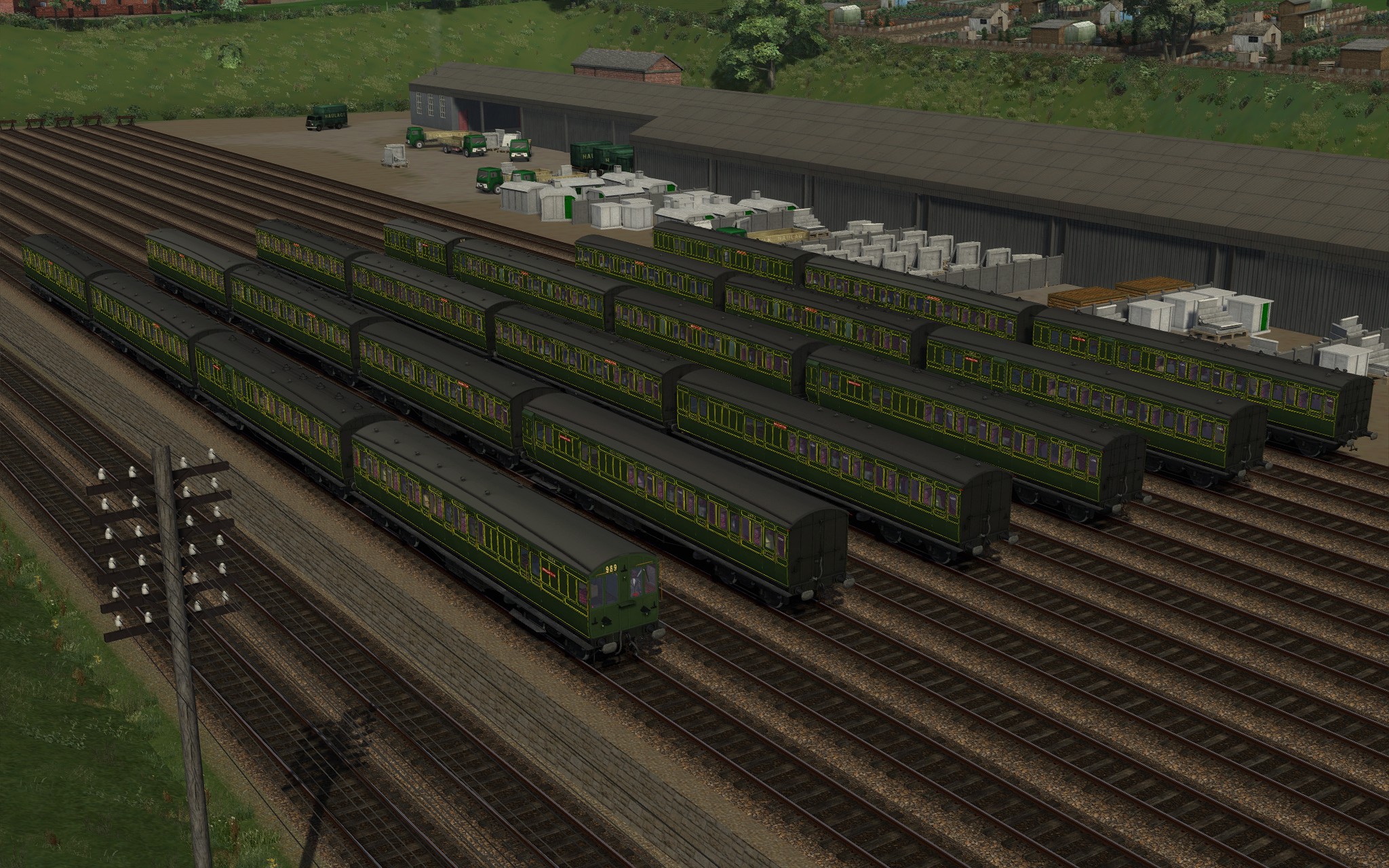
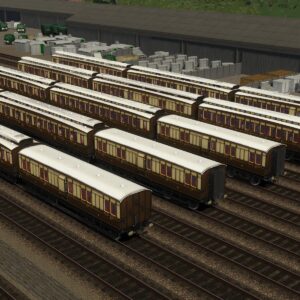
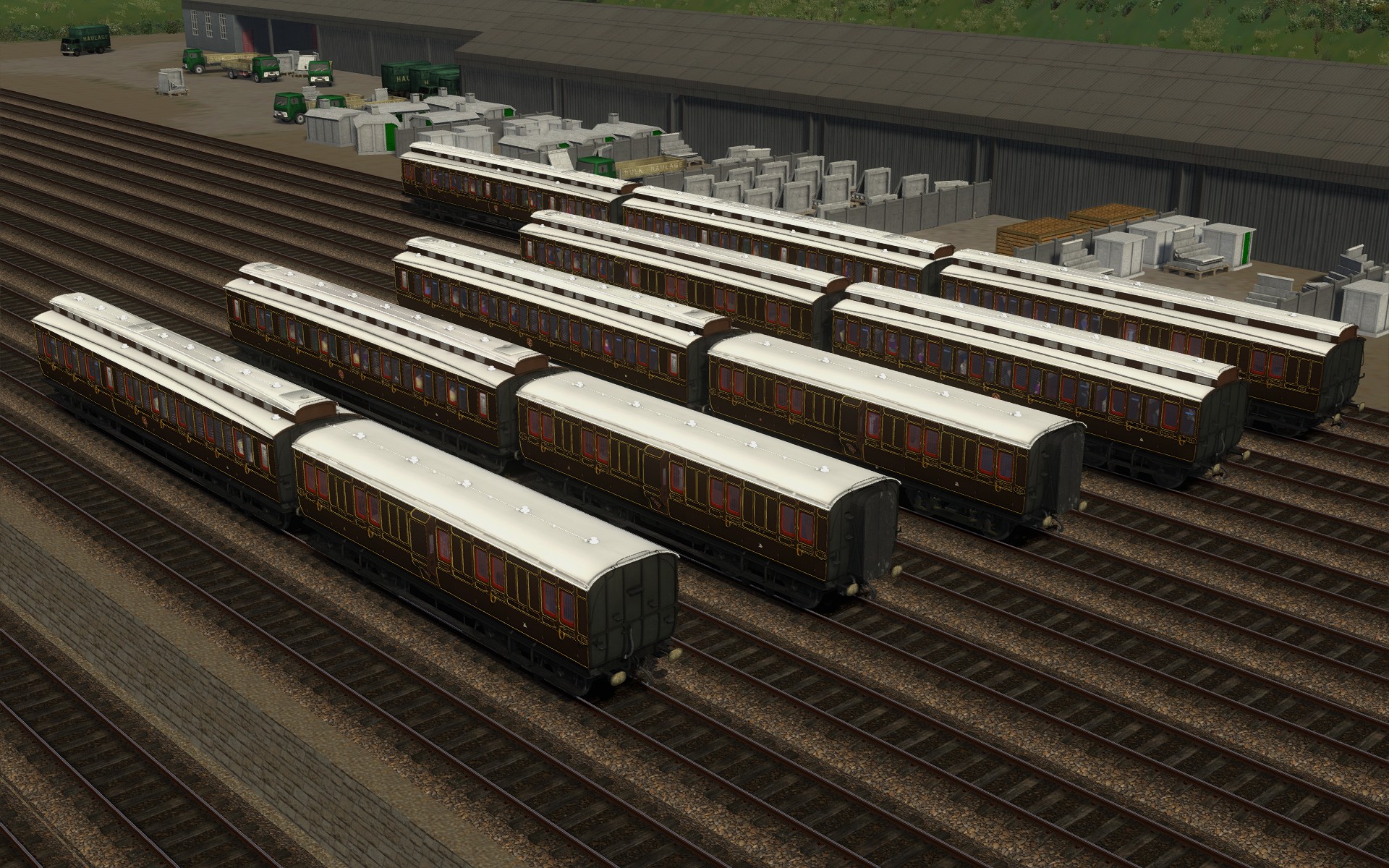
Reviews
There are no reviews yet.